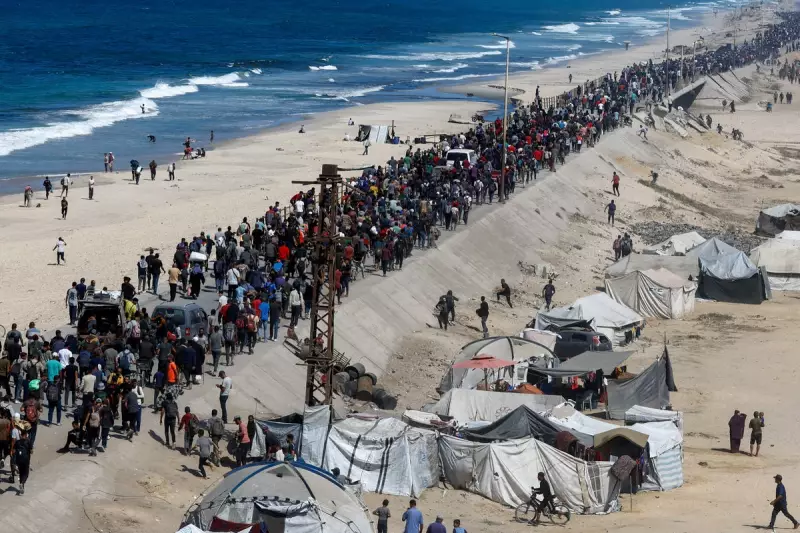
The Nobel Peace Prize has long stood as a beacon of hope in international relations, yet its application to the intractable Middle East conflict demands serious reconsideration. For decades, the same failed diplomatic approaches have been recycled while civilians continue to suffer.
The Cycle of Broken Promises
Traditional peace processes in the region have followed a predictable pattern: high-profile handshakes, optimistic declarations, and eventual collapse into renewed violence. This pattern has repeated so frequently that many now view the entire peace industry with justified scepticism.
The fundamental flaw lies in addressing symptoms rather than root causes. When negotiations focus solely on territorial disputes while ignoring deeper issues of human dignity, historical trauma, and systemic inequality, they're destined to fail.
A Nobel Dilemma
The Nobel Committee faces a profound ethical challenge. By awarding prizes to participants in fundamentally flawed processes, they risk legitimising approaches that ultimately perpetuate conflict rather than resolve it.
There's growing recognition that true peace requires more than signatures on documents. It demands genuine reconciliation, economic justice, and addressing the deep-seated fears and aspirations of all communities involved.
Beyond Traditional Diplomacy
Grassroots movements, civil society organisations, and local peacebuilders often achieve more meaningful progress than high-level negotiations. These efforts typically receive less attention but may hold the key to sustainable resolution.
The international community must shift its focus from ceremonial diplomacy to supporting these ground-level initiatives that build trust between divided communities.
A New Approach to Recognition
Rather than rewarding participation in processes that consistently fail, the Nobel Committee could use its influence to champion innovative approaches to conflict resolution. This might include:
- Recognising grassroots peacebuilders over political figures
- Highlighting economic and social development initiatives
- Supporting truth and reconciliation efforts
- Championing educational programs that bridge divides
The ongoing suffering in Gaza and throughout the region serves as a stark reminder that current approaches aren't working. It's time for all international institutions, including the Nobel Committee, to reconsider their role in either perpetuating or resolving these conflicts.






